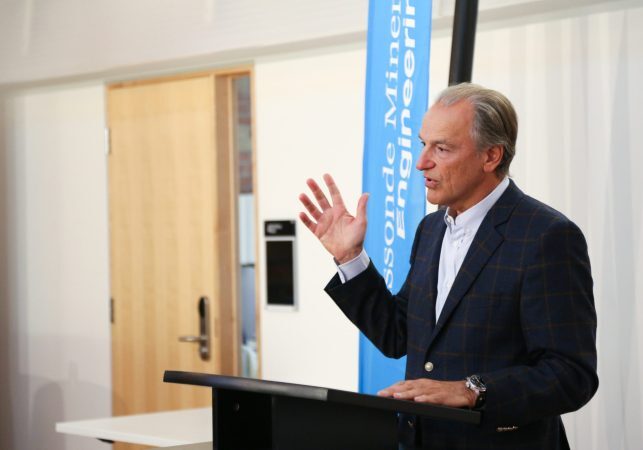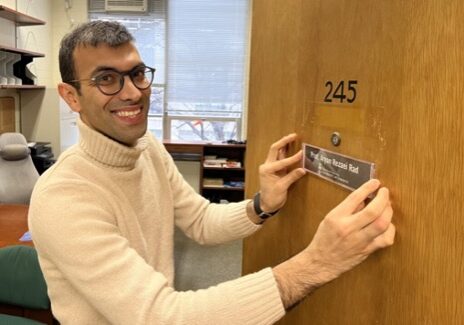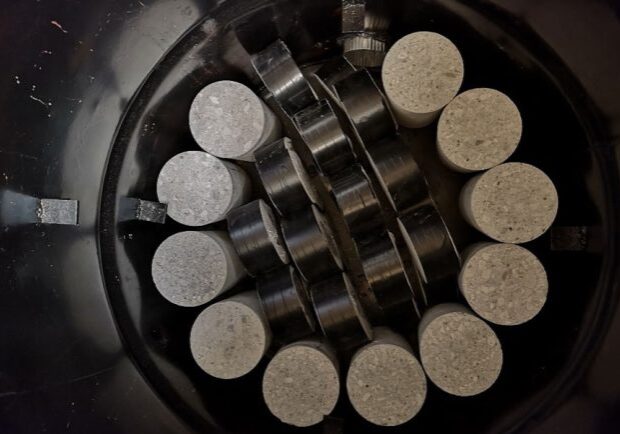
From tires to brakes, U of T researchers tackle ‘non-tailpipe’ air pollution from vehicles
U of T researchers conducting a three-year study to learn more about tailpipe vs. non-tailpipe emissions

Pierre Lassonde promoted to Officer of the Order of Canada
Lassonde is among 99 appointments made by the Governor General on December 29, 2022

‘Never lose sight of the big picture’: Meet Professor Aryan Rezaei Rad
Aryan Rezaei Rad (CivMin) joins U of T Engineering as an assistant professor

How re-thinking traditional building materials can lead to new strategies for carbon capture and utilization
Professor Daman Panesar (CivMin) and her team have partnered with the Canada Green Building Council on a $1.7 million study of negative emission technologies

Connaught Global Challenge Award to build pathways to housing self-sufficiency in remote First Nations communities
A new partnership, powered by a Connaught Global Challenge Award, will bring several First Nations in Saskatchewan together with a team of researchers from the University of Toronto and Toronto Metropolitan University to develop new pathways toward housing self-sufficiency. “A key issue in these communities is the availability of building materials, specifically the reliance on […]

New Canada Research Chairs advance research on clean energy, air pollution and more
Three U of T Engineering professors have received new or renewed Chairs, designed to recognize and support research excellence across Canada

Urban Quick Stop provides a living laboratory to study the challenges of last-mile delivery
A multidisciplinary collaboration between academia, industry and government will explore the potential of new modes of transport, such as zero-emission e-bikes, to reduce emissions, traffic congestion and more



